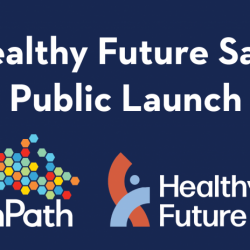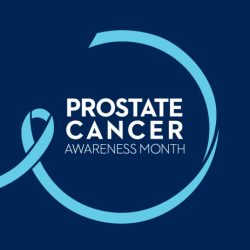The Canadian Partnership for Tomorrow’s Health (CanPath) is excited to announce its 2023-2027 Strategic Plan! The four key objectives of this plan will guide CanPath’s work over the next four years: Expand the cohort by engaging more participants from underrepresented populations and identifying partners in regions not yet included Enrich the cohort by linking CanPath data with data from provincial data holders and registries and collecting more longitudinal data Transform the cohort by turning existing biosamples into data, collecting serial biosamples, and enhancing access to CanPath’s harmonized data Engage with key audiences and stakeholders, further enabling the participants’ voices, and enhancing awareness of CanPath on national and international levels Thank you for supporting our shared vision for a world without chronic disease and cancer. We extend our warmest thanks to our participants, researchers, and funders for all their contributions to population health. With your support, we have been solving some of the biggest health challenges in Canada since 2008! The team is excited to be taking these new steps forward following CanPath’s exciting achievements over the past few years, such as: Establishing a renewed governance model including the formation of a National Coordinating Centre at the University of Toronto in 2019; oversight and leadership roles were established or renewed, such as the National Strategic Advisory Council and the International Scientific Advisory Board Launching its first follow-up questionnaire in 2016; over 120,000 CanPath participants completed this questionnaire over the course of three years, providing updated information on their health and new information related to mental health and the use of marijuana, e-cigarettes, and over-the-counter drugs Responding quickly to the COVID-19 pandemic in 2020 by leveraging its existing infrastructure to support national research Supporting over 250 research projects and 200 publications in research areas including arthritis, cancer, diabetes, respiratory disease, heart disease, and more! While the 2017-2022 Strategic Plan aspired to leverage CanPath’s assets to achieve optimal cohort value, this new 2023-2027 plan aims to expand and enrich the platform while promoting CanPath’s key contributions to the Canadian health research landscape. To learn more about some of CanPath’s research achievements over the years, check out this video on how CanPath data enables scientific discoveries. The full Strategic Plan can be downloaded at https://canpath.ca/2023/01/2023-2027-strategic-plan/.








